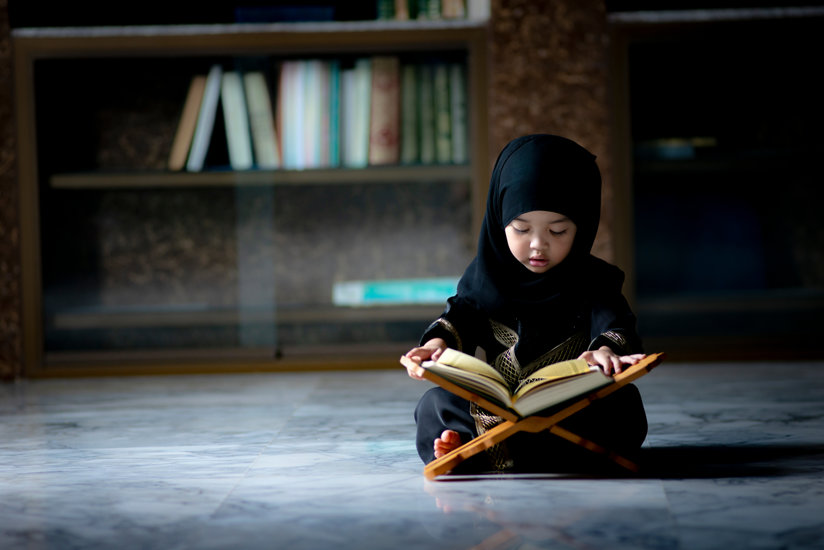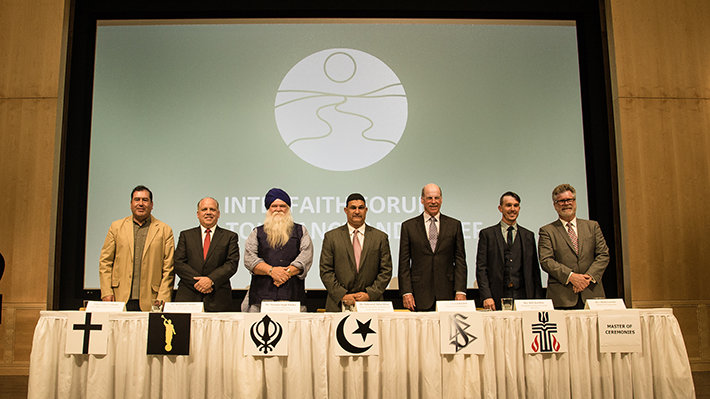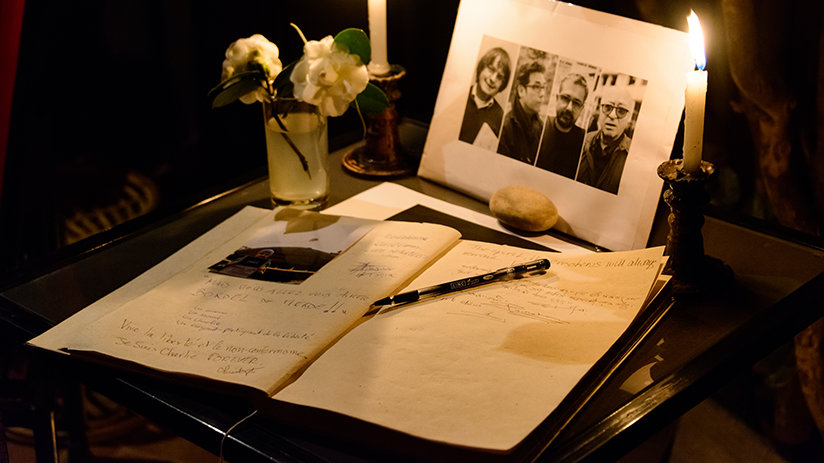
-
HOME
-
WHAT IS STANDOur Mission Our Values Our Help Contact
-
WHAT WE FIGHT FORReligious Freedom Religious Literacy Equality & Human Rights Inclusion & Respect Free Speech Responsible Journalism Corporate Accountability
-
RESOURCESExpert Studies Landmark Decisions White Papers FAQs David Miscavige Religious Freedom Resource Center Freedom of Religion & Human Rights Topic Index Priest-Penitent Privilege Islamophobia
-
HATE MONITORBiased Media Propagandists Hatemongers False Experts Hate Monitor Blog
-
NEWSROOMNews Media Watch Videos Blog
-
TAKE ACTIONCombat Hate & Discrimination Champion Freedom of Religion Demand Accountability
Understanding Islam: Why Muslims Celebrate 1443 in 2021
On August 10, 2021, Muslims worldwide welcomed in the new year 1443.
How is this?
Much of the world relies on the Gregorian calendar—a solar calendar (i.e., based on the cycle of Earth’s rotation around the sun). The Gregorian calendar was developed in 1582 as a modification on the centuries-old Julian calendar developed by Julius Caesar. But despite its widespread acceptance, it is far from the only calendar system in use.

Historically, most peoples have used a calendar system suitable to their history, culture and ideology. The Mayans, Aztecs, Egyptians and early Romans all had unique calendar systems based on the repeating cycle of the lunar month. Calendars have also been devised following major social upheaval, as with the French revolutionary calendar or the Soviet revolutionary calendar. Others have been devised by people who simply thought they had a better idea. These include the Positivist calendar of 1849, and the International Fixed Calendar promoted by the Eastman Kodak Company during the last century.
Historically, most peoples have used a calendar system suitable to their history, culture and ideology.
Most systems ultimately failed or were simply replaced by the more universally accepted Gregorian calendar. But not all. Some calendar systems remain uniquely able to serve the needs of those who use them. One such calendar, the Islamic calendar, is referred to by nearly 25 percent of Earth’s population to mark important religious events and celebrations.
The Islamic calendar is called the “Hijri.” Like most calendars that serve a religious community, the Hijri is based on a fundamental sacred event. Whereas the Gregorian calendar denotes year one as the year of Jesus’ birth, the Hijri counts year one as the year the Prophet Muhammad escaped from persecution by migrating from Makkah (Mecca) to Medina. On the Gregorian calendar, this occurred in the year 622 C.E. In a sign of Islam’s common roots with Christianity and Judaism, the Islamic new year is also acknowledged to be the day Noah’s Ark came to rest again on land; the day of the birth of Jesus, Abraham and Joseph; the day of Joseph’s release from prison; and the day God forgave Adam.
Starting from that day, the Hijri counts forward as a lunar calendar of 12 months, with each month being 29 or 30 days long. Unlike some lunar calendars, the Hijri makes no attempt to account for the 10 to 15 days by which it annually goes out of phase with a solar calendar. Thus, the Islamic new year and the Gregorian new year roughly coincide only every 32 years or so.
The names of the Hijri’s months are: Muharram, Safar, Rabi Al-Awwal, Rabi Al-Thani, Jamada Al-Awwal, Jamada Al-Thani, Rajab, Shaban, Ramadan, Shawwal, Dhul Qadah, Dhul Hijjah.
So this year (2021 for Gregorian aficionados), the Islamic world celebrated the new year on August 10. For Muslims, it is a sacred time of prayer and reflection.
We at STAND wish Muslims everywhere well in the year to come.









